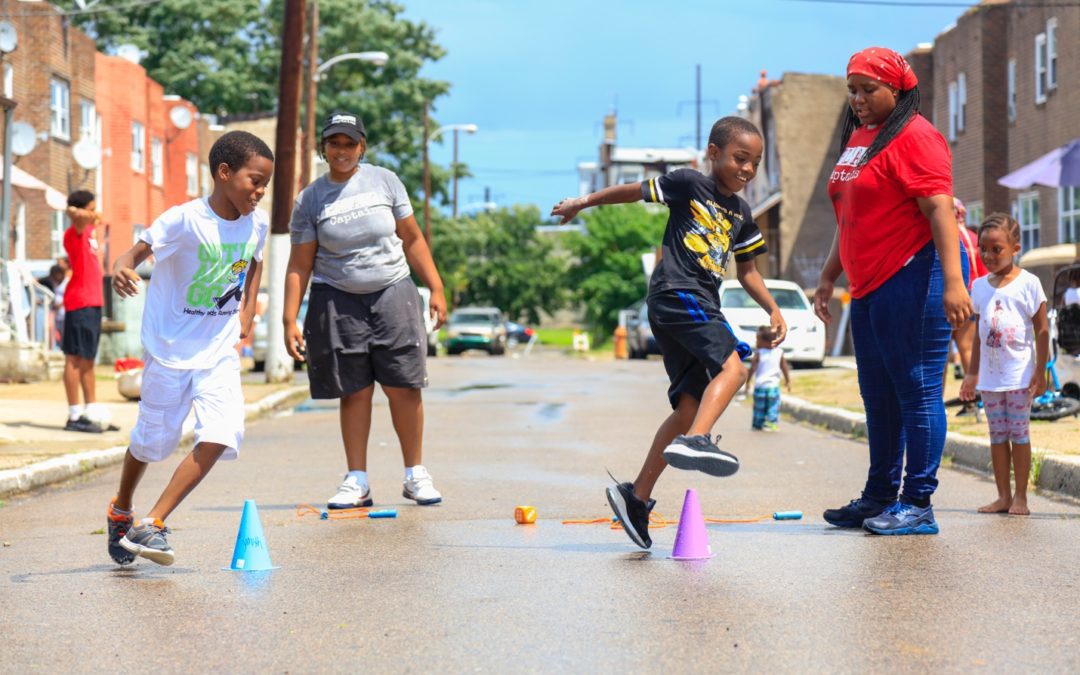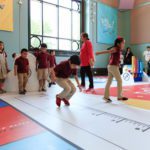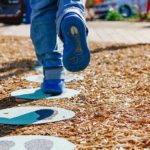Image Courtesy of Fab Youth Philly
Originally from KABOOM!
The COVID-19 pandemic upended life for kids all across the country. Its drastic impact on young people is already well-documented, including decreased physical activity, learning obstacles or difficulties with virtual learning, and, perhaps most strikingly, a marked increase in the proportion of children’s mental health emergencies (such as suicide, eating disorders, anxiety, and depression) in the United States. While the challenges and uncertainty of the pandemic impacted every child, Adverse Childhood Experiences (ACEs) such as job loss or illness or death of a family member, were felt even more acutely by children of color. Such experiences can lead to toxic stress responses in children, which have profound effects on their long-term health and development.
Research shows that play can provide an important buffer to stress for children, which is why expanding playful learning opportunities within the built environment and through children’s daily routines is now doubly important to support mental health for children who are increasingly exposed to ACEs. Dr. Michael Yogman, a pediatrician in practice at Cambridge Hospital and Harvard Medical School and a member of the Board of Trustees for Playful Learning Landscapes Action Network (PLLAN), says that integrating play into children’s everyday lives is fundamental to the development of the social-emotional, cognitive, and self-regulation skills that allow kids to manage increased stress from the pandemic.









